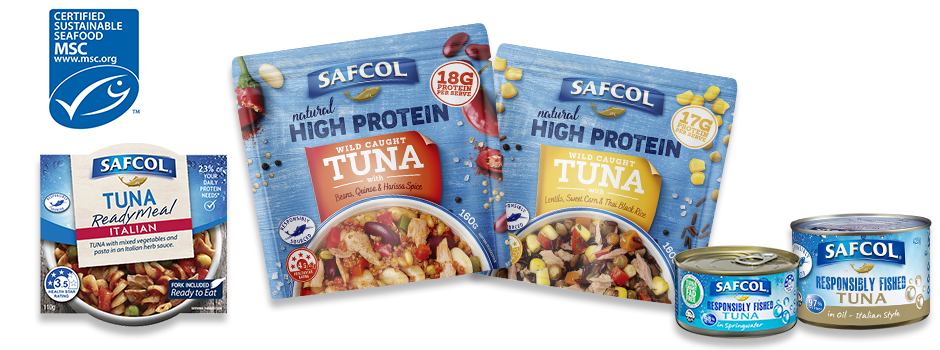Diet Changes to Add Years to Your Life Expectancy
Posted on : June 21, 2022
by Ashleigh Feltham
Accredited Practising Dietitian and Accredited Nutritionist
There is much research on increasing life expectancy. The lifestyle choices we make can promote better quality of life, and increase our life expectancy. A study recently published provides insight into the power of our choices, from as young as 20 years old. Unsurprisingly, what we choose to eat has a massive impact on life expectancy.
Researchers used strong methodology using meta-analyses and results from the 2019 Global Burden of Disease Study. The effects of including different foods on life expectancy were evaluated. The foods assessed were:
- Fruit
- Vegetables
- Wholegrains
- Refined grains
- Nuts
- Legumes
- Fish
- Eggs
- Milk/dairy
- Red meat
- Processed meat
- Sugar-sweetened beverages.
Results showed that a diet containing more fish, like the quality salmon, tuna, sardines and trout well as whole grains, legumes, fruit, vegetables and a handful of nuts was linked to a longer life expectancy. In contrast, a diet high in sugar-sweetened beverages, red and processed meats like salami, ham and bacon, and refined grains were all linked to lower life expectancy.
If these changes are made from 20 years of age, these dietary swaps could potentially add more than a decade to your life expectancy, for both women and men. The range of increase in life expectancy was 8.4-12.3 years for women and 9.4-14.3 years for men.
The largest increases in life expectancy were seen in individuals that included more nuts, legumes and whole grains, and less red meat and processed meat.
But this doesn’t mean that changing our style of eating after the age of 20 won’t have an impact on our life expectancy. For example, from the age of 60, you can increase your life expectancy by up to eight years for women and 8.8 years for men. Making the change at the age of 80 may increase your life expectancy by 3.4 years. At any age, it is more than making alterations to our diets.
This research shows the importance of using a whole-diet approach, rather than focusing on one specific food to promote your longevity. Making the dietary change can be made easier by using a swap rather than stop approach.
Easy swaps include replacing red or processed meat meals with plant-based alternatives, like legumes and nuts. Fish is a great swap for red or processed meat. Beef steak could be swapped for tuna steak or baked salmon. Processed meat like ham can easily be substituted with tuna or salmon in a salad or sandwich.
Another easy swap is selecting whole grains instead of refined and processed wheat products, like white bread and rice. Choose wholegrain varieties of rice, pasta, couscous and bread instead of the refined grain varieties. Swap refined breakfast cereals for oats or weetbix, and boost it with a sprinkle of nuts.
Recipes and serving ideas including many of the foods that can increase life expectancy, see the library of recipes on the Safcol Seafood website.
Take home message
Smart dietary choices can add years to your life. Making the necessary dietary additions and swaps will potentially add years to your life expectancy. You’ll thank yourself later.
Reference:
Fadnes LT, Økland JM, Haaland ØA, Johansson KA. Estimating impact of food choices on life expectancy: A modeling study. PLoS Med. 2022 Feb 8;19(2):e1003889. doi: 10.1371/journal.pmed.1003889. PMID: 35134067; PMCID: PMC8824353.






